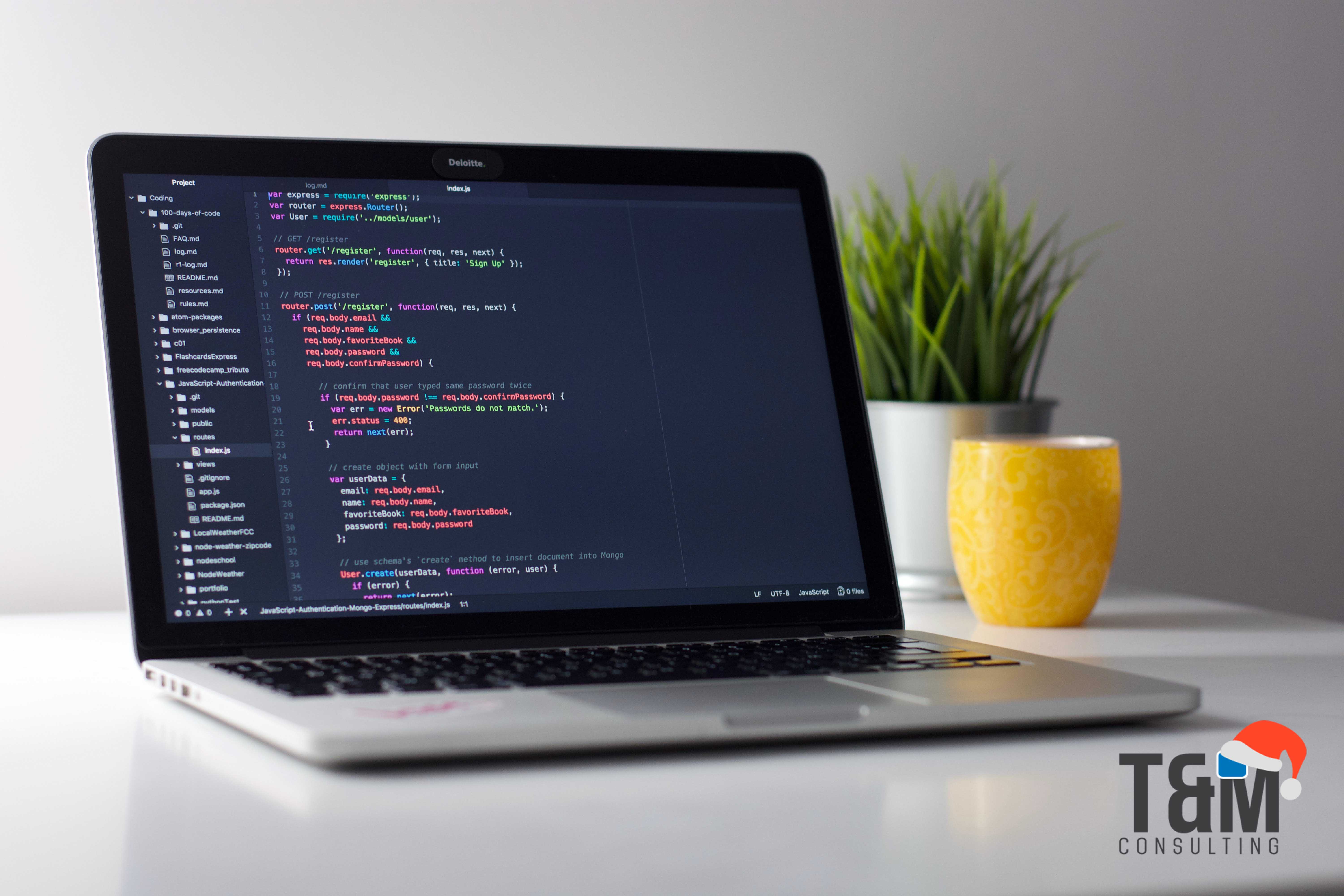Artificial Intelligence
Artificial Intelligence, the defense against cyber-attacks.

While it is true that the covid-19 pandemic forced many businesses to restructure their models and interaction with their clients, it also increased data collection in organizations, data that may be more vulnerable than others, depending on the sector of the organization where it operates, some of these sectors are health, education and financial systems.
According to Jaya Baloo, Avast's CISO to the Expansion portal, since the start of the lockdown, cyber attacks have increased by 62 percent.
Some of the methods used, such as encryption and two-step authentication, have become obsolete in the face of cyber-attacks, as they are based on simple algorithms.
Organizations that we previously did not consider technological are betting on AI for the safeguarding of data and information, such as the case of the Vatican Library, which has digitized its thousands of manuscripts and archives since 2012. These documents are invaluable, some of them dating back to 1500.
To safeguard this immense information, they have partnered with DarkTrace, a company that offers IA cyber security systems "based on the human immune system. DarkTrace's clients include eBay, Rolls Royce and Samsung, among others.
Although the library has been digitizing its documents for 8 years, they have only managed to digitize 25% of the total. We are talking about almost 40 million images, including sketches by Michelangelo. It is estimated that they need 20 more years to achieve the digitalization of the whole.
The main advantage of using AI to safeguard data is that it is always working and makes decisions automatically, managing to fulfill the function for which it is intended.
22 de Diciembre, 2020





